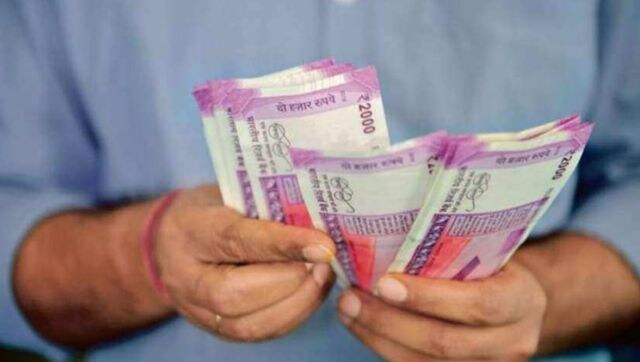Rule 132 of Income Tax Act: All you need to know
Rule 132, which came into effect on 1 October this year, notifies that Form 69 can be used to apply for re-computation of total income under Section 155(18)

Representational image. News18
On 1 October 2022, the Central Board of Direct Taxes brought the 32nd amendment to the Income Tax Rules into effect. Also known as Rule 132, it deals with the issue of whether surcharge paid by businesses on income tax should be counted as a deduction. The rule notifies that Form 69 can be used to apply for re-computation of total income under Section 155(18). It will impact all those individuals with income from business who have claimed a deduction on cess/surcharge in the previous years. Here is a detailed guide to what the rule is actually about.
Background:
Earlier, there was no clarity over whether cess/surcharge can be claimed as a deduction by businesses. According to reports, various businesses had been claiming deductions. Recent court judgements had also allowed for the same. On the other hand, the tax authorities were against the idea. In the Finance Act 2022, the Centre clarified that cess/surcharge on income tax cannot be counted as a deduction. However, it also provided a one-time window for taxpayers to recompute their taxable profits and deposit the additional tax with the authorities. The decision is applicable with retrospective effect from 2005 under an amendment of the Income Tax Act. This is where Rule 132 comes into play.
What does the rule say?
According to the circular released by the Income Tax department in September, “An application requesting for recomputation of total income of the previous year without allowing the claim for deduction of surcharge or cess, which has been claimed and allowed as deduction under section 40 in the said previous year, shall be made in Form No. 69 on or before the 31st day of March, 2023.”
The form needs to be submitted electronically. Form 69 will allow authorities to compute the taxable income of the individual. After making the payment of the recomputed tax, the individual must furnish details of the tax paid under Form 70. The application needs to be submitted to the Assessing Officer within 30 days of making the payment.
The last date to submit Form 69 is 31 March 2023. If the taxpayer fails to submit the application, he/she will be liable for interest and penalty (equal to 50 per cent of the tax amount) along with the tax amount.
Read all the Latest News, Trending News, Cricket News, Bollywood News,
India News and Entertainment News here. Follow us on Facebook, Twitter and Instagram.
also read

ITR due date extension: How extending deadline to file returns with audit reports will be beneficial
The week-long extension is only for those corporates, individuals and businesses whose accounts are subject to audit. The deadline for filing of transfer pricing audit certificates has not been extended

ITR filing deadline for 2022-23 for businesses extended till 7 November
Earlier, the last date for filing ITR by companies who are required to get their accounts audited was October 31
